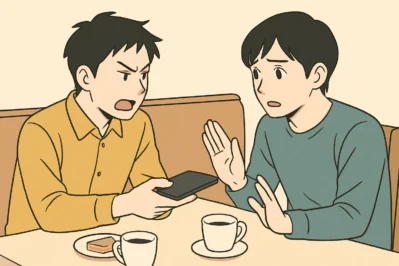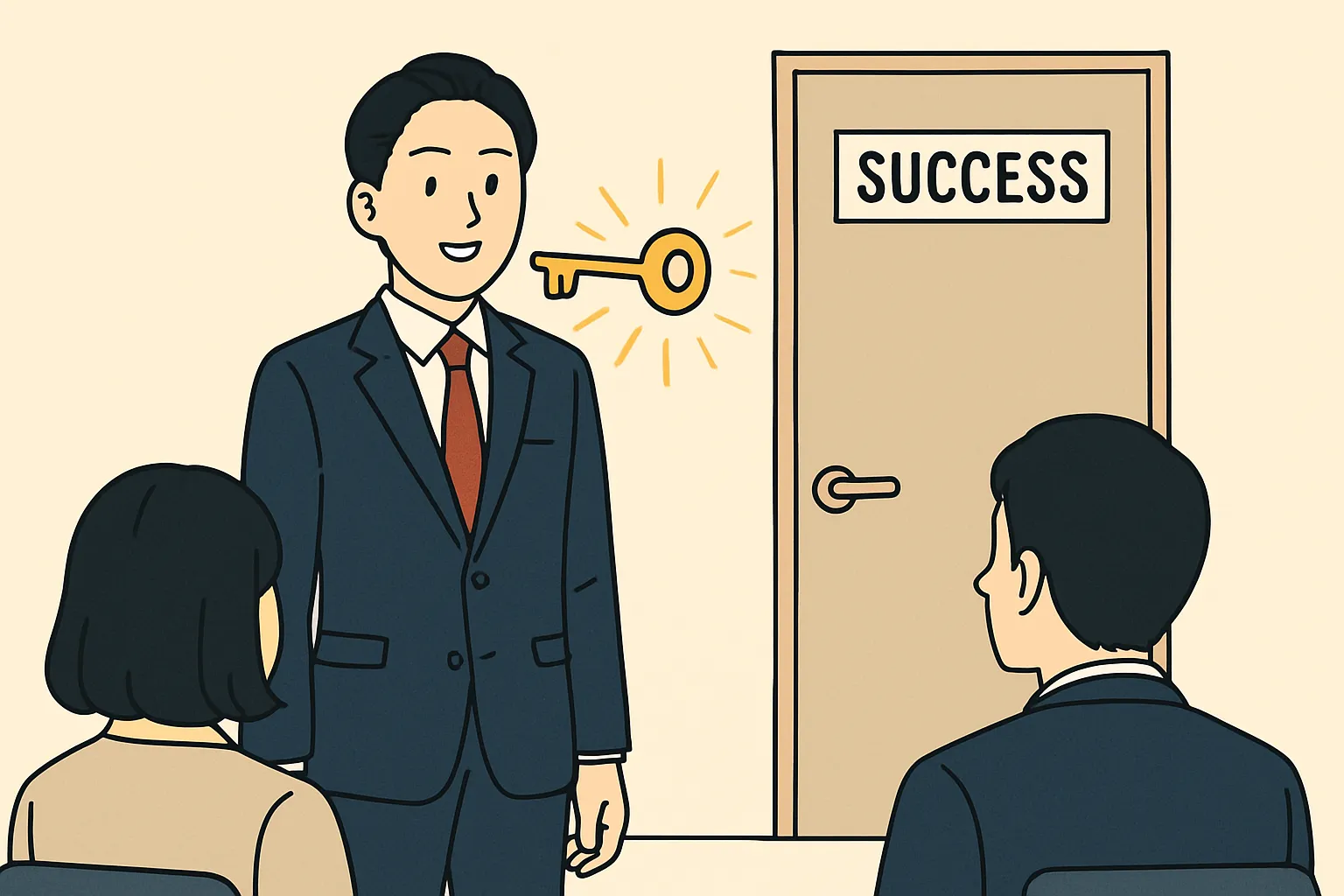Who Pays for Dinner? How to Make Up After a Money Spat
Hello! Welcome to Maeil Hangul, your daily dose of Korean language upgrades!
Ever had that awkward moment with a friend when the bill comes? You want to split it, they want to treat you, or vice-versa, and suddenly things get a little tense. It happens to the best of us! Today, we’re going to learn how to smoothly resolve conflicts with friends, specifically when you’ve had a small argument about paying for a meal.
Lately in Korea, especially among the younger generation, the culture around paying is shifting. While treating someone (한턱내다) is a warm gesture, “Dutch pay” (더치페이) is becoming more common for fairness. This mix can sometimes lead to misunderstandings. Let’s learn how to apologize and make up like a pro, so a small disagreement doesn’t ruin a great friendship!
Key Expressions to Save Your Friendship
Here are some essential phrases to help you apologize sincerely and clear the air.
- 한국어 표현: 오해가 있었던 것 같아.
- 발음 [로마자]: Ohae-ga isseotdeon geot gata.
- 영어 뜻: I think there was a misunderstanding.
- 상세 설명: This is a fantastic, non-confrontational way to open a conversation. Instead of blaming someone, you’re suggesting that the problem was a simple misunderstanding. It’s a soft and mature way to signal that you want to talk and resolve the issue.
- 한국어 표현: 내가 너무 예민하게 굴었어.
- 발음 [로마자]: Nae-ga neomu yemin-hage gureosseo.
- 영어 뜻: I overreacted / I was being too sensitive.
- 상세 설명: This phrase is perfect for taking responsibility for your part in the argument. It shows self-awareness and humility.
예민하게 굴다literally means “to act sensitively,” and it’s a common way to admit that you might have been a bit too touchy about a situation.
- 한국어 표현: 속상하게 해서 미안해.
- 발음 [로마자]: Soksang-hage haeseo mianhae.
- 영어 뜻: I’m sorry for upsetting you.
- 상세 설명: This is a step up from a simple
미안해(mianhae – sorry).속상하다(soksanghada) means to be upset, hurt, or distressed. By saying this, you are acknowledging your friend’s feelings and apologizing specifically for causing them emotional distress. It’s a very thoughtful and sincere apology.
- 한국어 표현: 다음엔 내가 살게.
- 발음 [로마자]: Daeum-en nae-ga salge.
- 영어 뜻: I’ll treat next time / I’ll get it next time.
- 상세 설명: This is the magic phrase to end the conflict on a positive and forward-looking note.
사다(sada) means “to buy,” and in this context, it means to treat someone to a meal or coffee. By promising to treat them next time, you show that your friendship is more important than money and restore the balance.
Example Dialogue
Let’s see how these expressions work in a real conversation. Imagine two friends, Jimin and Suho, meeting for coffee the day after a slightly tense dinner at a trendy new Tanghulu (탕후루) dessert cafe.
A (Jimin): 수호야, 어제 저녁 일 말이야.
(Suho, about last night’s dinner…)
B (Suho): 아, 응. 괜찮아.
(Oh, yeah. It’s okay.)
A (Jimin): 아니야. 생각해보니 내가 너무 예민하게 굴었어. 괜히 계산 문제로 분위기만 이상해졌네.
(No, it’s not. Thinking about it, I was being too sensitive. I made the atmosphere weird over the bill.)
B (Suho): 나도 네가 사준다고 했는데 계속 고집부려서 미안. 그냥 오해가 있었던 것 같아.
(I’m sorry too for being so stubborn when you said you’d treat. I think there was just a misunderstanding.)
A (Jimin): 속상하게 해서 미안해. 우리 다음 주에 새로 생긴 베이글 맛집 가자. 그땐 다음엔 내가 살게!
(I’m sorry for upsetting you. Let’s go to that new bagel place next week. I’ll treat next time!)
B (Suho): 좋아! 그럼 그때 보자.
(Sounds great! See you then.)
Culture Tip & Trend Deep Dive
In Korea, the act of paying for a meal is deeply connected to the concept of 정 (jeong)—a unique Korean term for affection, connection, and attachment. Traditionally, treating someone is a way of showing 정. The eldest person or the person with a higher social status (like a senior at work) often pays for the group.
However, the MZ Generation (Millennials + Gen Z) in Korea is changing the game. The concept of 더치페이 (deochipei – Dutch Pay) is now widely accepted as a fair and logical way to manage expenses, especially among friends. You’ll often see friends sending money to each other instantly using apps like Kakao Pay right after a meal.
The conflict we discussed arises from this cultural transition. One friend might be operating on the traditional 정 culture (wanting to treat you), while the other prefers the modern fairness of 더치페이. Neither is wrong! The key is communication. Understanding this cultural background can help you navigate these situations. When a Korean friend insists on paying, see it as a sign of affection. And if you want to split the bill, suggesting “다음엔 내가 살게” (I’ll treat next time) is the perfect way to honor their gesture while promising to reciprocate.
Let’s Practice!
Time to check your understanding!
Practice Question: You and your friend had a small argument because you both insisted on paying the bill. The next day, you want to send them a message to make up. How would you fill in the blank?
“어제는 (1)___________ 해서 미안해. 그냥 (2)_______________ 것 같아. 우리 우정은 그것보다 훨씬 중요하잖아!”
(I’m sorry for (1)___________ you yesterday. I think it was just (2)_______________. Our friendship is much more important than that!)
- Hint: Use the expressions we learned today!
Great job today! Resolving conflicts is a high-level skill in any language, and now you’re equipped to handle it in Korean.
Try making your own apology sentence in the comments below using today’s phrases! We’d love to see them. See you next time at Maeil Hangul






